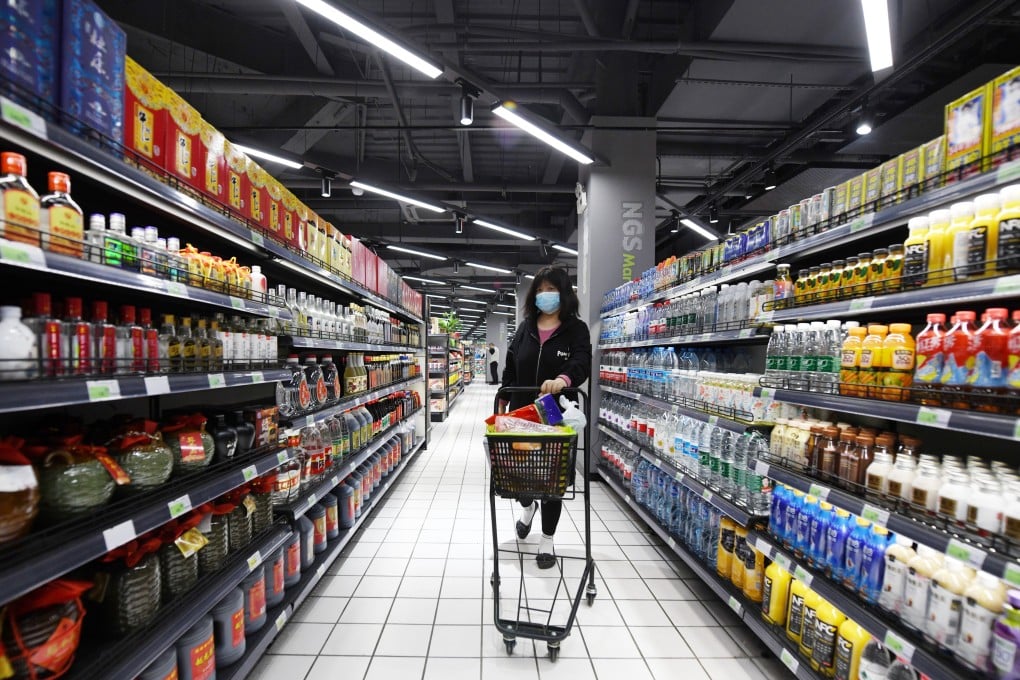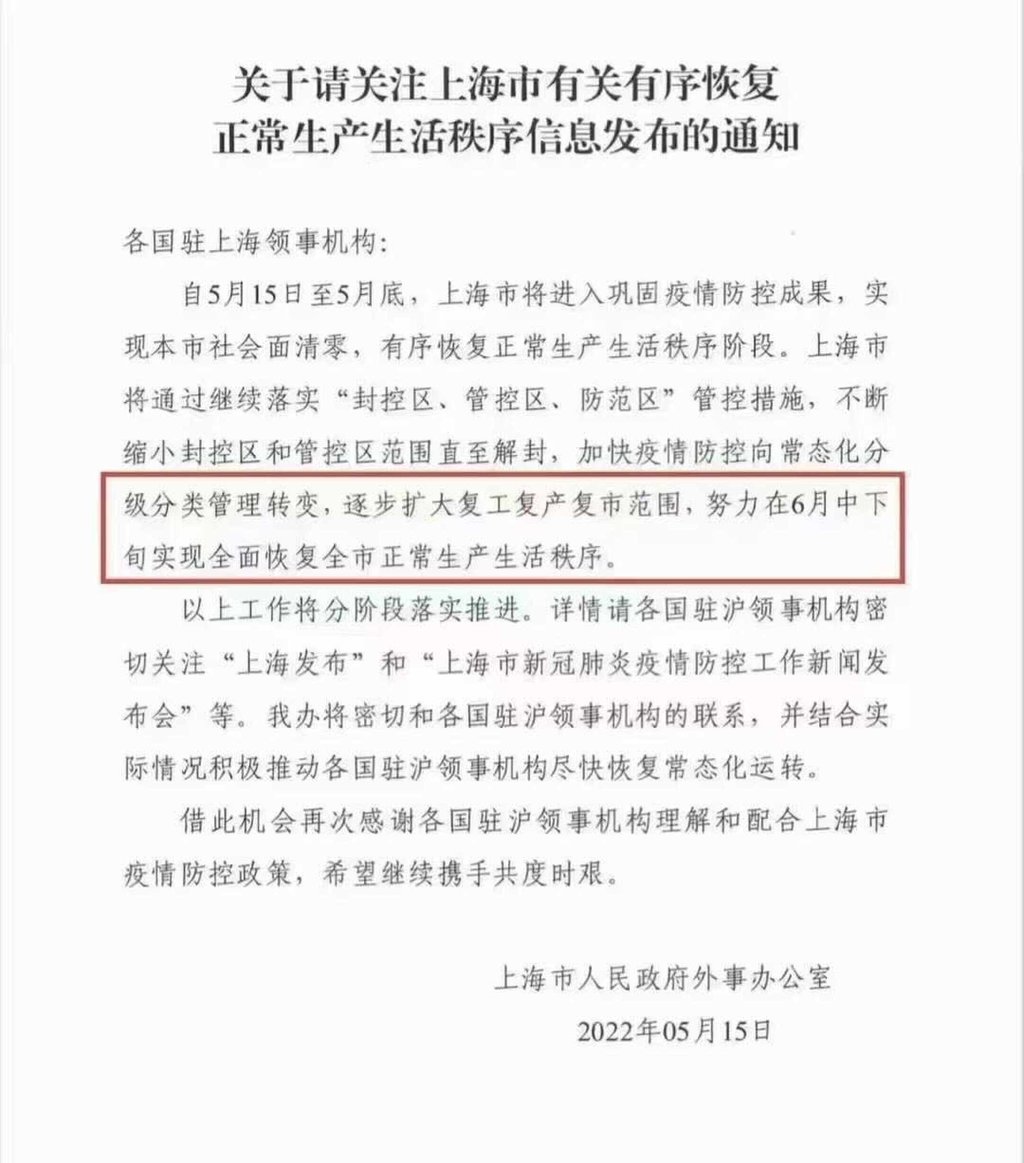Advertisement
Shanghai lockdown: city counts down towards June 1 end of controls as daily Covid-19 cases dip below 1,000 for the first time since late March
- Daily new infections fell below 1,000 for the first time since March 24, according to data released on Monday, dropping in the previous 24 hours to 938 cases
- Symptomatic cases declined by 58.4 per cent to 69 while four patients died
Reading Time:3 minutes
Why you can trust SCMP
27

Shanghai’s health authorities will relax the city’s lockdown on June 1, in a “phased” plan to gradually return China’s commercial hub to normality by late June, as daily infections of the Covid-19 disease continued to drop.
Daily new infections fell below 1,000 for the first time since March 24 according to data released on Monday, dropping by 31.5 per cent in the previous 24 hours to 938 cases. Symptomatic cases declined by 58.4 per cent to 69 while four patients died. The fatality rate stayed at 0.09 per cent, with the cumulative death toll at 575 out of 620,000 cases in the city of 25 million residents.
City authorities “will switch to a ‘normal virus control’ mode from June 1 to mid-June or late June,” by which time “daily life and production will return fully to normality,” Vice-Mayor Zong Ming said at a press conference on Monday, adding that officials will remain vigilant to prevent any rebound in new cases.
Advertisement
The declaration puts the end in sight for one of the largest mass population lockdowns ever undertaken in China, after stop works and standstill orders upended daily lives and strained global supply chains close to breaking point. Ripples from China’s idled factories have been felt in the United States, Europe, Japan and Southeast Asia, as shortages of Made-in-China components stopped production in factories all over the world.

Already, some shopping centres, supermarkets, restaurants and barber shops around residential compounds that had been free of community infections for the past 14 days had been allowed to reopen starting on Monday. Residents in low-risk “precautionary zones” that had been case-free for 14 days are allowed to leave their compound this week, Zong said.
Advertisement
Advertisement
Select Voice
Choose your listening speed
Get through articles 2x faster
1.25x
250 WPM
Slow
Average
Fast
1.25x